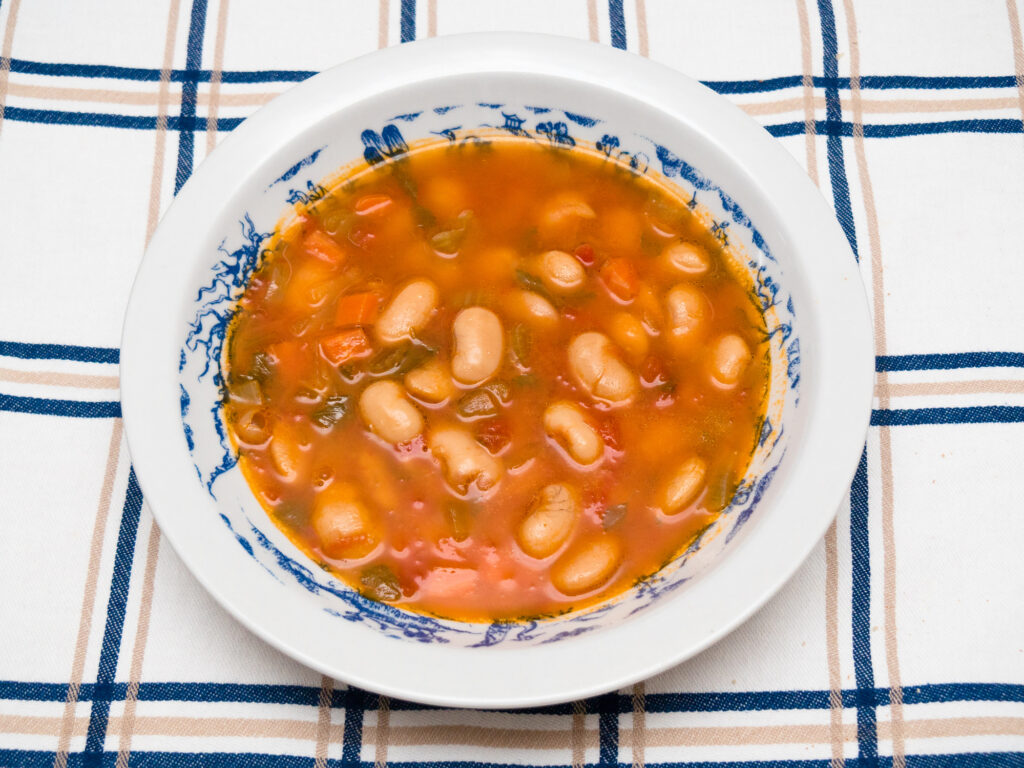Greek cuisine is known for its health benefits, and one of the key elements of this healthy Mediterranean diet is the use of wild greens, collectively known as ‘horta’. Horta is a generic term that includes a variety of edible wild greens, which are mostly consumed as a boiled salad or simply cooked with olive oil and lemon. These greens are an integral part of Greek culture and are traditionally gathered from the countryside, although nowadays, many are also cultivated.
- Dandelion (Taraxacum officinale): Known in Greece as ‘radikia’, dandelion leaves are one of the most common types of horta. They are rich in vitamins A, C, and K, and minerals like calcium, iron, and potassium.
- Amaranth (Amaranthus retroflexus): Known as ‘vlita’ in Greece, amaranth leaves are a popular summer green. They are a good source of vitamins A and C, calcium, iron, and protein.
- Chicory (Cichorium intybus): Known as ‘radiki’ or ‘stamnagathi’, chicory leaves are a common spring horta. They have a slightly bitter taste and are rich in vitamins A and K, and also contain a good amount of fiber.
- Nettle (Urtica dioica): Known as ‘tsouknida’ or ‘isopi’, nettle leaves are rich in iron, calcium, and vitamins A and C. Although they have a stinging property when raw, cooking neutralizes this effect.
- Sorrel (Rumex acetosa): Known as ‘lapatho’, sorrel leaves have a tangy, lemony flavor. They are high in vitamins A and C, and are a good source of magnesium, potassium, and iron.
- Black mustard (Brassica nigra): Known as ‘mavromoustarda’, the leaves of black mustard are spicy and are usually mixed with other milder horta.
The origin of the use of horta in Greek cuisine dates back to ancient times. Ancient Greeks recognized the nutritional and medicinal properties of wild greens and incorporated them into their daily diet. The Spartan warriors, for example, were known to consume a diet rich in horta to maintain their strength and stamina. Additionally, Hippocrates, the father of medicine, often prescribed horta for their therapeutic properties.

During times of economic hardship and food scarcity, horta became a staple in the Greek diet as they were readily available and free. This tradition continued through the years and is still prevalent today, with many Greeks foraging for wild greens in the countryside or growing them in their gardens.
In conclusion, horta plays a crucial role in Greek cuisine and culture. These wild greens are not only delicious but also highly nutritious and have been consumed by the Greeks since ancient times for their health benefits. Whether foraged from the wild or cultivated in gardens, horta continues to be a staple in the Greek diet and is a testament to the enduring tradition of healthy and sustainable eating in Greece.




